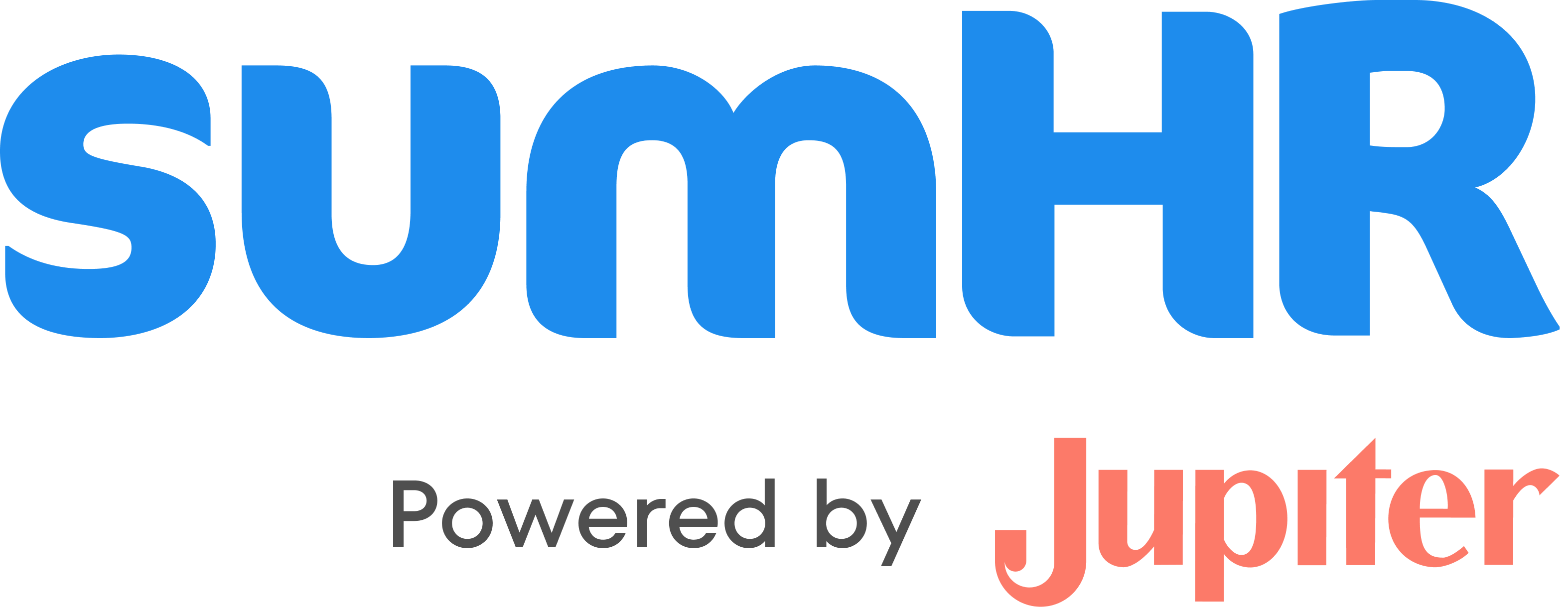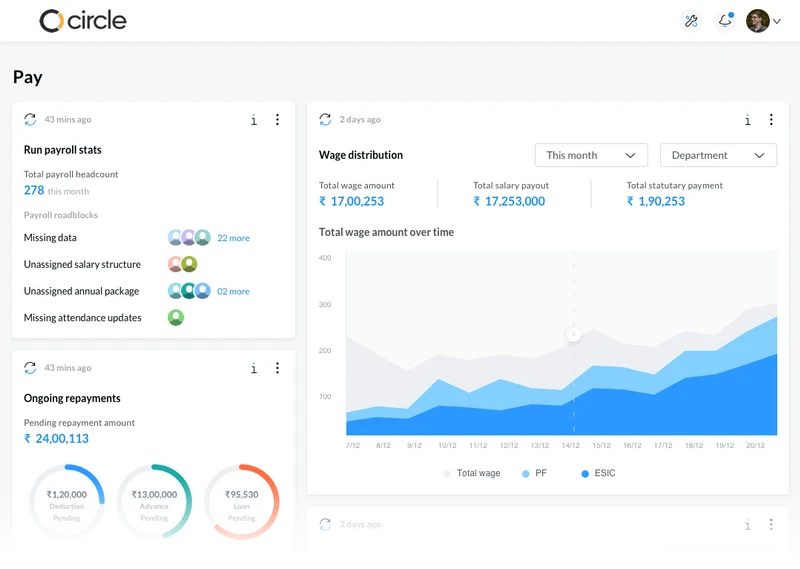As businesses increasingly turn to technology to modernize their HR roles and responsibilities, it is essential to consider the ethical implications of using artificial intelligence (AI) and machine learning (ML). It is because while these technologies provide several benefits, they may also undermine ethics.
The use of AI and ML for automating recruitment and selection decisions has seen a positive impact in recent years. Its proponents have hailed AI as a powerful tool for streamlining the hiring process and eliminating potential bias in decision-making. However, there are serious ethical considerations to be taken into account when implementing such technologies.
Bankins (2021) suggests that managers should recognize that implementing AI should not result in a confrontation between “machines and employees.” Instead, they should find ways to facilitate the coexistence of these two elements.
From privacy concerns to issues of accountability and fairness, this article will explore the ethical considerations associated with using AI and ML in human resource management.
Definition of AI and Machine Learning
Artificial intelligence (AI) refers to computer development systems that can perform tasks requiring human intelligence, such as perception, reasoning, learning, decision-making, and natural language processing. The processes have learning (acquiring information and rules with the information), reasoning (using rules to reach approximate or definite conclusions), and self-correction abilities. AI has many applications across industries, including healthcare, finance, transportation, etc. AI technologies can help automate and optimize processes, make predictions and decisions based on data, and provide personalized experiences for customers. One subset of AI is machine learning (ML), which refers to algorithms that can learn from and make predictions on data. Machine learning models are trained on large datasets to identify patterns and relationships that can be used to make predictions on new data. Machine learning has many applications, including image recognition, natural language processing, and predictive analytics. As more data is generated, machine learning algorithms become increasingly powerful and accurate, making them valuable tools for businesses and organizations looking to make data-driven decisions and ethical thinking. Advantages of AI and Machine Learning in Human Resource Management- Improved Hiring Processes
- Predictive Analytics for Retention
- Personalized Learning and Development
- Improved Employee Experience
- Better Workforce Planning
- Bias Reduction
Ethical Considerations of AI and ML in HR
- Adverse Impact
- Negative Implications
- Human Decision-Making Framework
- Human Intervention
- Employee Engagement
Wrapping Up
Using AI and machine learning in HR raises critical ethical standards like any technology. Thus, organizations must be vigilant in ensuring that their use of AI is transparent, fair, and unbiased. Maintaining human oversight to mitigate potential risks (ethical dilemmas) and ensuring the technology is used ethically are essential. At sumHR, our goal is to amplify the effectiveness of HR teams worldwide. We have designed a comprehensive cloud-based HR software platform, providing a configurable, adjustable HRMS (human resources management system) to enable your HR personnel to automate tedious tasks, reduce confusion, and increase job satisfaction. We firmly hold that human resources management is the cornerstone of any business.What are the 4 ethical considerations?
The four ethical considerations in human resources are:
- Fair treatment of employees
- Respect for employee privacy
- Maintaining confidentiality
- Avoiding conflicts of interest
Do we need ethics for artificial intelligence machines
Yes, ethics are necessary for artificial intelligence machines. As machines become increasingly sophisticated and autonomous, it is essential to ensure that they are designed and used to align with ethical principles such as fairness, transparency, and accountability. It is essential to ensure that AI-based tools are used for the benefit of society and do not cause harm after clinical diagnosis.
What are the ethical considerations for employees?
Ethical considerations for employees include ensuring fair treatment, privacy, and security of their personal information, avoiding discrimination and harassment, providing a safe and healthy work environment, and respecting their human rights. Decision-makers are also responsible for being transparent and accountable in their actions that impact their employees.








